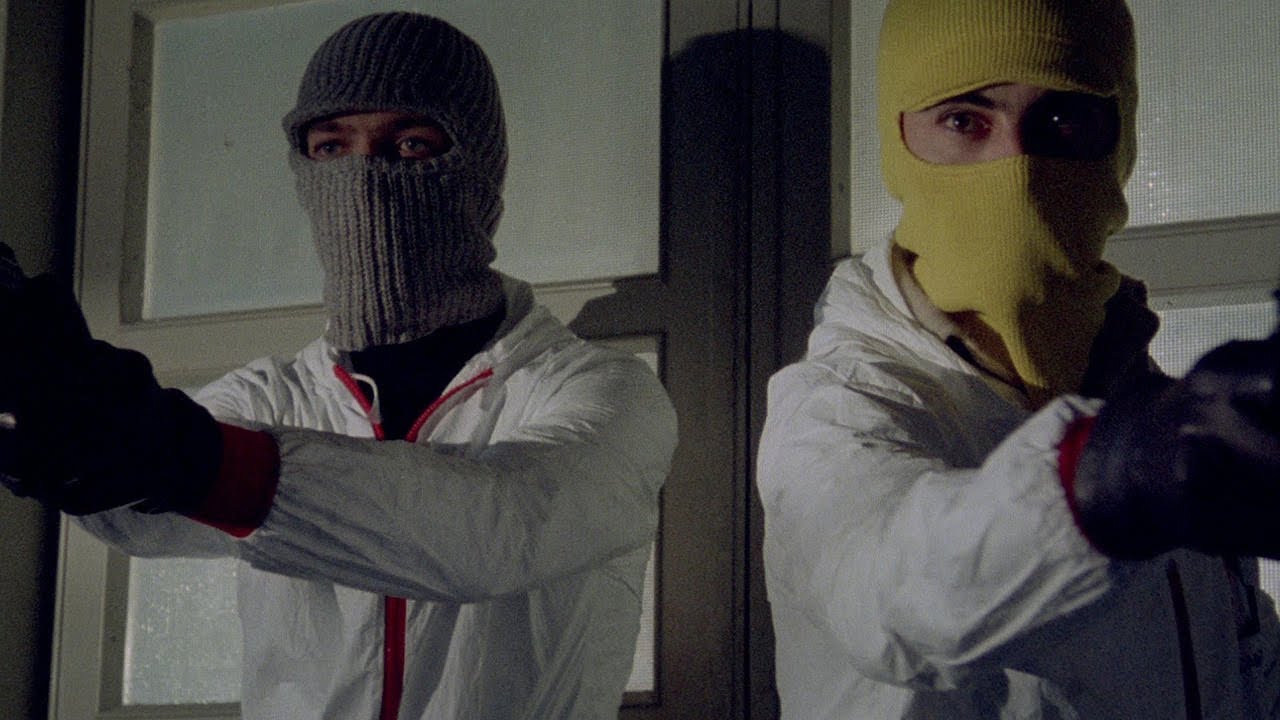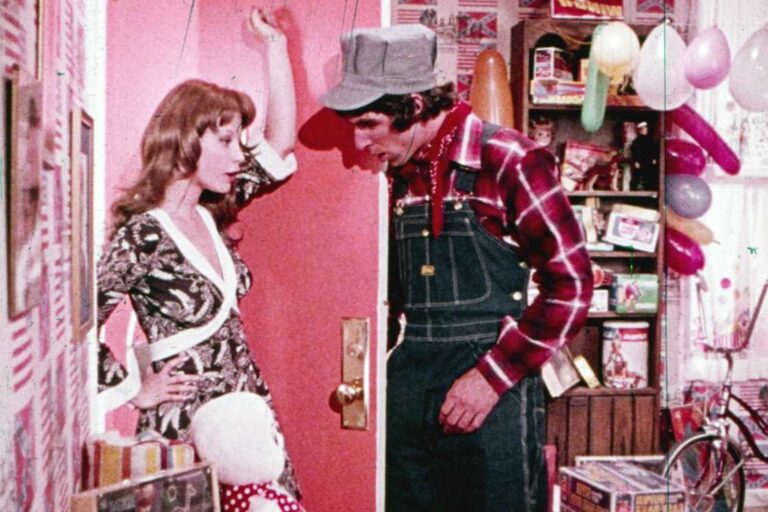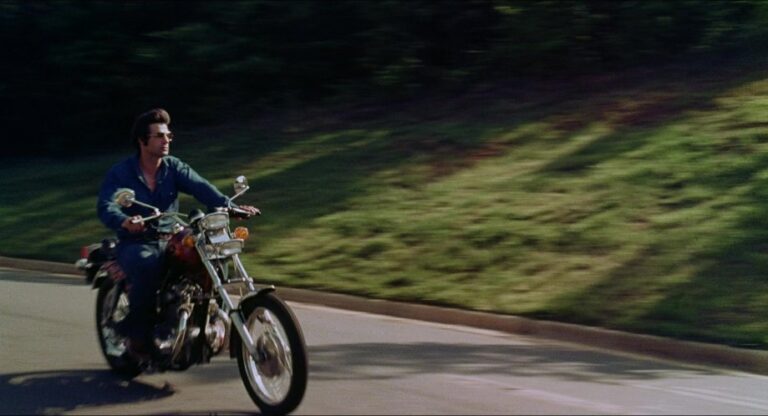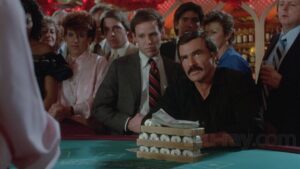Directed by Mario Imperoli
Written by Piero Regnoli and Mario Imperoli
Starring:
- Jean-Pierre Sabagh as Inspector Muzzi
- Cesare Barro as Tony
- Paola Senatore as Germana
- Annarita Grapputo as Silvia
- Paolo Carlini as Arrigo Ardenghi
- Luis La Torre as Rico
Rating: ![]()
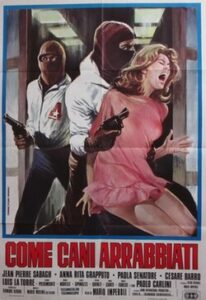 Poliziotteschi stylings construed as remorseless sleaze. Italian pulp tackling class conflict amid the pandemonium of the years of lead yet featuring an ironic twist to the customary socio-political rigmarole exercised by most of the Poliziotteschi. Urban violence is no longer the emblem of proletarian wrath reacting against political power and its gluttonous bureaucrats. Now, it is the children of capitalism who, without any motive, succumb to a form of anarcho-delinquency. Cesare Barro plays the cocky rich boy son of an influential industrialist, who with his two cronies sow terror in the city of Rome by robbing, murdering prostitutes and driving Inspector Muzi (Piero Santi) up the wall. Cesare Barro’s Tony is a thief without need, a destroyer without cause. He is neither the charming rogue nor the Robin Hood figure, but a godless sadist. His violence, entwined with the raw sensuality of modern erotica, defies convention and strikes as a paradoxical force.
Poliziotteschi stylings construed as remorseless sleaze. Italian pulp tackling class conflict amid the pandemonium of the years of lead yet featuring an ironic twist to the customary socio-political rigmarole exercised by most of the Poliziotteschi. Urban violence is no longer the emblem of proletarian wrath reacting against political power and its gluttonous bureaucrats. Now, it is the children of capitalism who, without any motive, succumb to a form of anarcho-delinquency. Cesare Barro plays the cocky rich boy son of an influential industrialist, who with his two cronies sow terror in the city of Rome by robbing, murdering prostitutes and driving Inspector Muzi (Piero Santi) up the wall. Cesare Barro’s Tony is a thief without need, a destroyer without cause. He is neither the charming rogue nor the Robin Hood figure, but a godless sadist. His violence, entwined with the raw sensuality of modern erotica, defies convention and strikes as a paradoxical force.
Director Mario Imperoli forgoes conventional action—car chases, police investigations, and elaborate heists—in favor of merciless ultra-violence: brutal murders, depravity, and sleaze. This blood-soaked setting gives Cesare Barro’s Tony the perfect stage to unleash his sociopathic traits in their purest form. As a seasoned connoisseur of sexy Italian-style comedies, Imperoli effortlessly integrates exploitation tropes into his filmmaking. Still, even for him, the raw aggression of Poliziotteschi presents a formidable challenge. Thankfully, his take is no arduous endeavor—it stands as one of the most grotesquely cynical interpretations of Italian crime cinema I’ve encountered.
Imperoli makes no effort to dress up his cynicism with calculated precision or clever artistry—his method is brutal honesty. In the end, his story reveals an unforgiving truth: corruption among the elite doesn’t exist in isolation; it spreads, infecting society as a whole. Even in the realm of crime, the irony is striking—a privileged man engaging in street delinquency not out of necessity, but purely for sport. His motives go beyond power; they are disturbingly pathological. Piero Santi’s character fits within the mold of seventies’ morally ambiguous law enforcers, evoking figures like Eastwood’s Dirty Harry and Merli’s Inspector Tanzi. Yet, unlike them, he is neither a skilled marksman nor an intimidating force. Paradoxically, this absence of bravado makes him feel like the most grounded among them.
Socio-political undertones linger in the film, though stripped of nuance, presented in their rawest, most detached form. But truth be told, I doubt the filmmakers saw it as anything more than an incidental feature. This film revels in its grim exploitation roots, first as a savage crime story drenched in lust and brutality, then as a cynical indictment of the untouchable elite. Startling in both regards, it crafts a world defiantly indifferent to notions of political propriety. A brand of filmmaking that doesn’t give a damn about your morals—one that plunges into the real world’s most sordid depths through cinema. Like rabid dogs, indeed.
